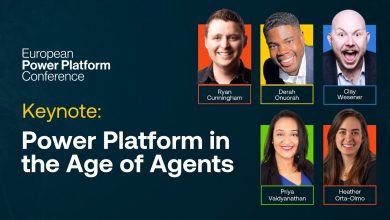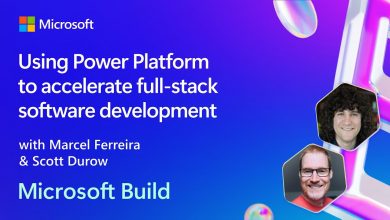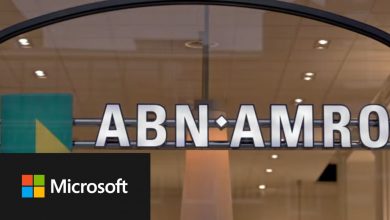Cineplex Saves 30,000 Hours a Year with Microsoft Power Platform and Generative AI
To streamline business processes, over 100 employees are using Power Platform to develop innovative automation solutions for finance, guest services, and other departments.
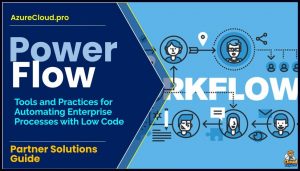 Cineplex is one of Canada’s leading media and entertainment companies.
Cineplex is one of Canada’s leading media and entertainment companies.
To streamline business processes, over 100 employees are using Power Platform to develop innovative automation solutions for finance, guest services, and other departments.
This includes scalable RPA desktop flows with deep integration to backend systems as well as AI-driven copilots. Together, these solutions save the company over 30,000 hours a year in manual processing time.
Overview
Cineplex is a leading media and entertainment company with over 10,000 employees across Canada and the United States. As Canada’s largest and most innovative exhibitor, the company welcomes millions of guests through its circuit of over 170 movie theatres and location-based entertainment venues.
Back in 2021, a small group of employees at Cineplex started working on automation solutions to streamline business processes. The group was led by Bo Wang, Vice President of Taxation & Treasury at Cineplex—a self-taught citizen developer who had started using Microsoft Power Automate to build robotic process automation (RPA) solutions for his team. This quickly expanded to automation for other departments. After a competitive review, Cineplex decided to adopt Power Automate more broadly across the company.
Today, there are over 100 makers working on solutions at Cineplex. To help drive adoption, Wang’s team and the digital & technology team worked together to develop an automation Center of Excellence using the Automation Kit for Power Platform. The kit provides tools to manage automation projects along with a Microsoft Power BI dashboard to capture the savings generated from automation.
Enhancing automation with copilots
Along with new projects, developers at Cineplex are also leveraging the flexibility of Power Platform to rapidly evolve existing solutions. Take the company’s automation of ticket refunds, for example. It all started with automation for a specific type of refund (i.e., refund requests after a movie had occurred) and then progressed to a solution that could automatically address other refund scenarios.
The original automation focuses on capturing and validating information sent by Guest Services via email. One flow processes the refund, and another flow handles seat count adjustments (based on the refunded ticket) and completes the journal entry in an in-house legacy application. Multiple unattended flows run in parallel to speed up the process—which also enables the team to scale up and down based on demand. “We were literally able to turn around that automation in a number of days. That’s when we really saw the value of Power Platform,” says Del Hines, Sr. Manager, Enterprise Products. The solution saves 5,000 hours annually.
In the new solution, these Power Automate flows have been integrated with Microsoft Copilot Studio to create an advanced copilot—a new generation of intelligent conversational experience that goes beyond traditional chatbots. Now, a Guest Services agent simply enters a booking ID and date into the copilot, and an AI model inside the copilot takes it from there. The copilot recognizes the refund type and initiates the appropriate desktop flows, which include integration with ServiceNow and the company’s other backend systems.
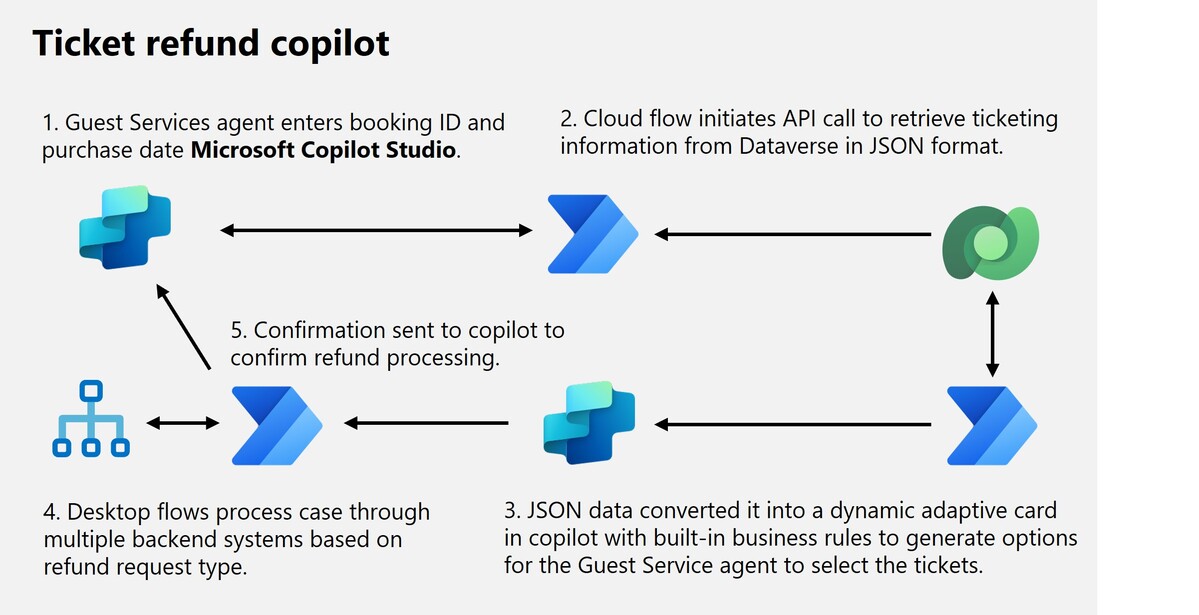
Better customer support through AI
Refund requests were a big part of the workload coming in from Guest Services. But how to manage a wave of other email inquiries coming from customers? In this case, it wasn’t just about manual processing. The main challenge was that email inquiries were often missing key information needed to process the request, which led to lengthy email chains between departments.
Tiffany Lu, a treasury analyst at Cineplex, came up with a better idea. She created a flow that uses generative AI actions to categorize different case scenarios in an email, recognize when information is missing or unclear, and send back a Microsoft form to fill the gaps.
Once the necessary information has been provided, another flow logs the case using Power Automate work queues which triggers a desktop flow to process the requests. The solution is expected to save an estimated 1,300 hours a year, and provide faster, more efficient customer service.
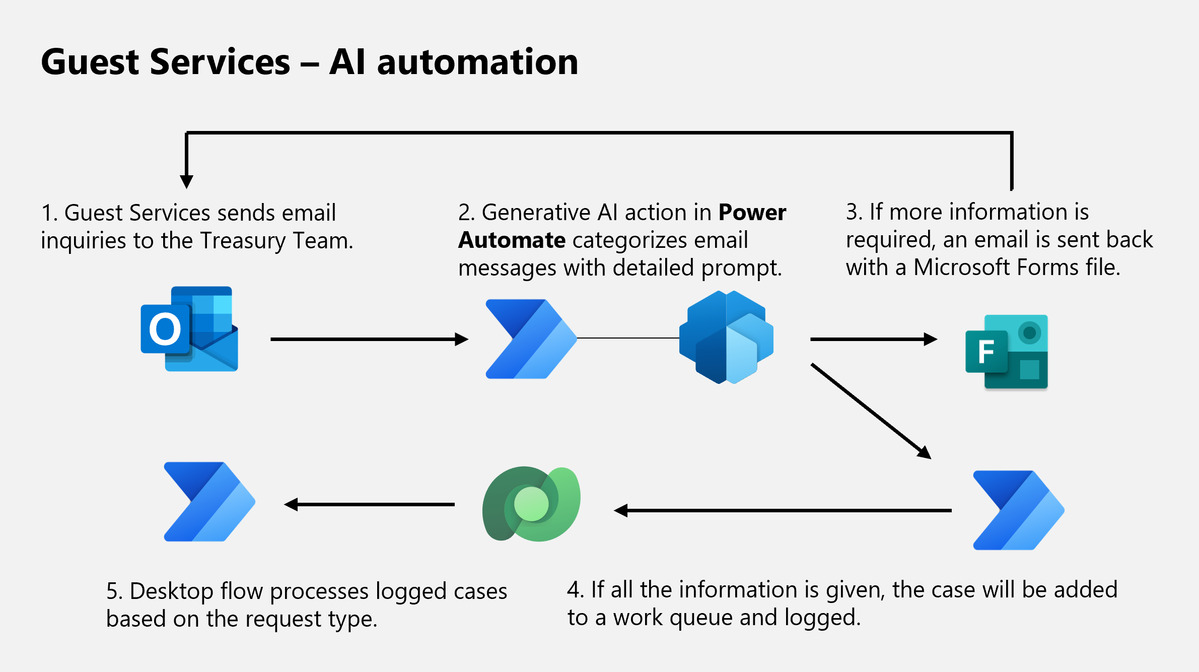
Streamlining payment processes
Yet another copilot—built by Eric Li, Tax Manager at Cineplex—uses generative AI to categorize invoices from vendors and determine the applicability of provincial sales taxes (PST). The AI-driven copilot was built to improve the efficiency of Cineplex’s invoice payment process.
Equally important to the solution were safeguards to manage errors or incorrect determinations. If an invoice is above a risk threshold, an approval is sent to Eric and no determination is released until the approval is done. If the invoice is below the threshold, processing continues, and the tax determination is posted as a message to the Microsoft Teams Channel for review and recording purposes.
Extending the Benefits of Power Platform
Meanwhile, the Automation COE continues to evolve. This includes better use of Application Lifecycle Management (ALM) to ensure smooth migrations between environments and monitor flow exceptions. Better governance through the COE is helping foster even greater confidence in the company’s citizen developers and their ability to deliver mission critical automations. And that’s leading to even more automation benefits.
As Gord Nelson, CFO at Cineplex says, “Power Platform has been a key factor in our automation success. By empowering our citizen developers, we’re able to better identify and prioritize use cases that are best for the business and free up that critical resource—time.”
